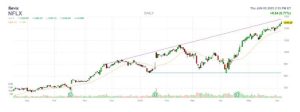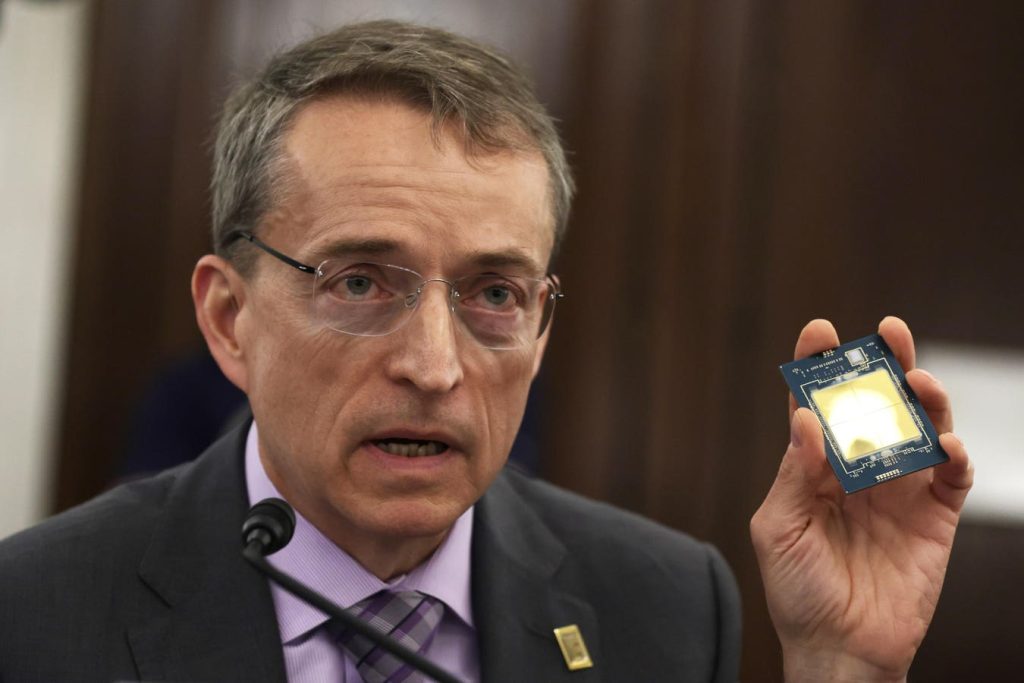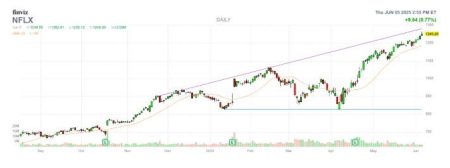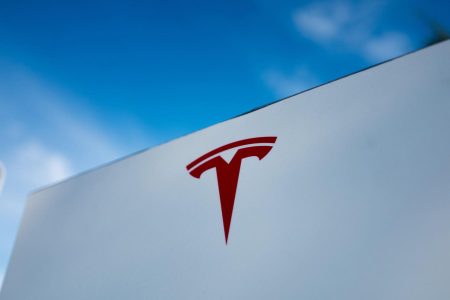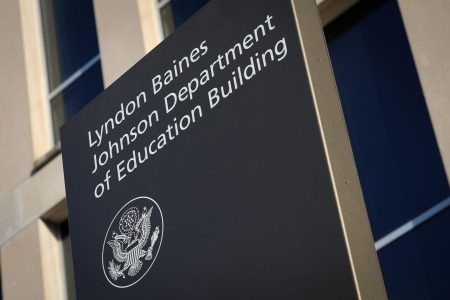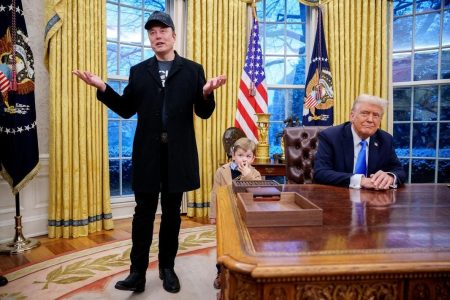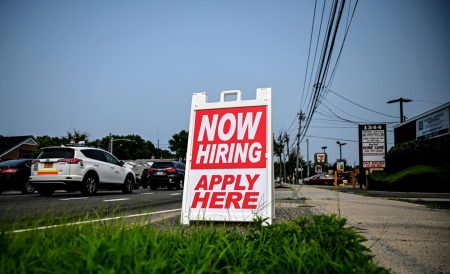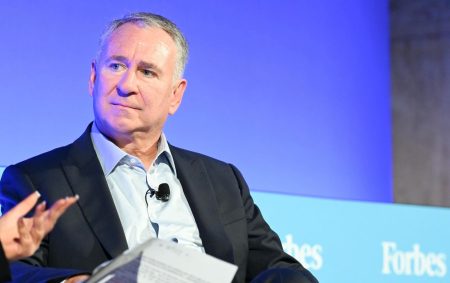In a significant corporate shakeup, Intel has ousted CEO Pat Gelsinger after a turbulent period characterized by a staggering 52% decline in its stock price in 2024 and significant revenue losses. The company’s latest quarterly figures reflect a 6% dip in revenue accompanied by a staggering $16.6 billion loss. Gelsinger, who had a longstanding history with Intel prior to his tenure at VMware and his return as CEO in 2021, steps down after nearly four years at the helm. His departure reignites concerns over the company’s declining market share, particularly in comparison to rivals like Nvidia, which has thrived in the emerging AI chip market. An anonymous industry expert underscores that Gelsinger’s resignation alone will not resolve the underlying issues plaguing Intel, which are deeply rooted in its organizational structure and compensatory practices that foster internal competition rather than collaboration.
This organizational strife inhibits Intel from effectively challenging Nvidia, which has seen its stock soar by 186% in the same year and boasts a powerful net margin of 55% in third-quarter earnings. The expert opines that until there is a fundamental overhaul of Intel’s management structure—specifically the replacement of current board members and general managers—there will be little hope for realigning the company’s efforts to regain its competitive edge. This criticism highlights a broader trend in the semiconductor industry emphasizing agility and cross-functional collaboration, which Intel’s internal factions seem to lack.
As Gelsinger’s time at Intel reveals, reliance on traditional PC markets without adapting to new growth prospects—such as GPUs for gaming, blockchain, and generative AI—has significantly hindered Intel’s progress. The company’s loss of market dominance, especially to competitors like Taiwan Semiconductor Manufacturing Company (TSMC), further exemplifies the repercussions of a rigid business strategy. Gelsinger attempted to pivot the company’s focus by prioritizing chip manufacturing capabilities and investments in American chip fabrication facilities, seeking to bolster national competitiveness with U.S. government funding. However, this strategy has increased Intel’s debt burdens and strained free cash flow, leading the board to express dissatisfaction and a desire for greater efficiency.
The immediate aftermath of Gelsinger’s removal has placed Chief Financial Officer David Zinsner and Michelle Johnston Holthaus, general manager of Intel’s client computing group, in the roles of interim co-CEOs. The board’s decision to appoint co-CEOs reflects a lack of confidence in one singular leader to manage both product development and financial performance during this precarious period. This structure aims to maintain balance within the executive framework while the board searches for a permanent replacement. Interim executive chair Frank Yeary indicated optimism regarding the co-CEO arrangement, stating that the leadership would prioritize operational efficiency and product management during the transitional phase.
However, industry analysts remain skeptical about the potential for a new CEO to enact transformative change at Intel. The challenges facing the company are complex, with many questioning whether anyone is equipped to succeed where Gelsinger has struggled. Intrinsic issues, such as interdepartmental rivalries that isolate engineering, marketing, and consumer engagement, complicate the process of turning the company around. The lack of cohesive strategy and synergies between teams has frustrated efforts to innovate effectively, leading to suggestions that a complete overhaul of the executive team and revamping compensation structures is necessary.
With the call for a united approach to product development and strategy, substantial changes in the boardroom may be crucial for Intel’s future. While some industry professionals express doubt that improvements can be made in the absence of an acquisition, others maintain hope that shedding internal competition could pave the way for a stronger, more innovative Intel. The road ahead is fraught with uncertainty, and until there is a clear plan that aligns all factions of the organization, Intel’s potential recovery, as well as its stock value, may remain elusive.


